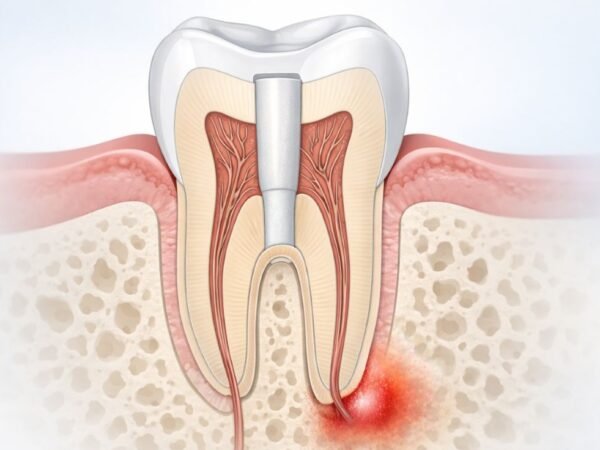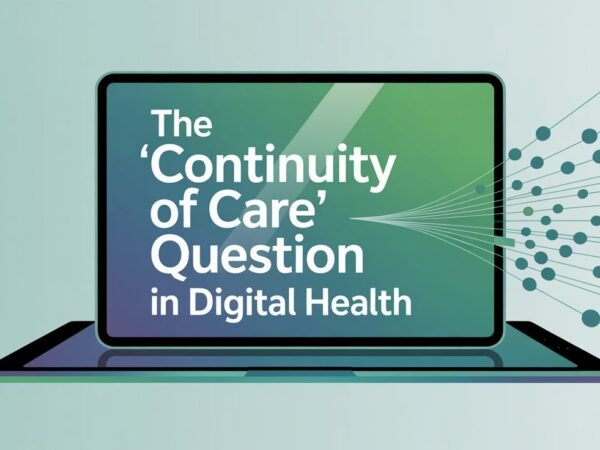As people age, preserving health becomes a more complicated process and even involves more attention than before to physical and mental states. As people age, they face more health challenges, making primary care essential for promoting longevity and high levels of well-being.
Primary care is the most fundamental level of care, forming the backbone of preventive care, early diagnosis of diseases, and management of chronic conditions. This article explores the importance of primary care for seniors and provides valuable health tips to help them age well.
Health Tips for Seniors to Support Healthy Aging
Aging is an ordinary condition that can be controlled to ensure healthy bodies, alert brains, and sound psychology. With the adoption of simple health tips and lifestyle changes, seniors can grow old healthily and remain living independently.
Maintaining Mental Health
Maintaining mental health is just like physical health. As seniors experience life changes like retirement, losing loved ones, or declining physical abilities, taking proactive steps to maintain emotional well-being is crucial. Staying connected with friends and family can help ease the feelings of loneliness and isolation that often come with aging.
North Atlanta can be one of the best places for retirement. It has friendly people and much to offer seniors, including healthcare, community, and, most significantly, support for people who genuinely care about seniors.
Moreover, proper care and support through North Atlanta primary care can supplement the seniors with what they need, such as mentally stimulating activities such as reading books, working on crosswords or other puzzles, or learning new skills; these can preserve their memory and cognitive function, thus preventing Alzheimer’s or dementia.
Healthy Nutrition
Nutrition forms the foundation for a healthy life. As individuals age, their nutritional needs change, and their diet must be enriched with vital nutrients, vitamins, and minerals to maintain a healthy body. Seniors should aim for a well-balanced diet rich in various foods within as many food groups as possible.
Fruits and vegetables are crucial because they help people gain more vitamins, minerals, and antioxidants that fight inflammation and improve immunity. Lean proteins like poultry, fish, and legumes keep muscle mass, which is slowly lost as one ages. Whole grains, including brown rice and oats, provide body fiber, which helps digestion and prevents constipation.
The appropriate intake of dairy or calcium-rich foods strengthens bones, thereby preventing osteoporosis and fractures. Reducing salt, processed foodstuffs, and added sugars in the diet is no less significant for the elderly to avoid heart disease, diabetes, and the like conditions that come with aging.
Get Physically Active
Being physically active is the other key factor in healthy aging. Well-designed exercises for each individual’s fitness level can help maintain mobility, muscular strength, and cardiovascular health.
Exercises like walking, swimming, and strength training reduce the risk of chronic conditions, improve balance, and help prevent falls.
Techniques such as yoga or tai chi enhance flexibility and reduce anxiety and the likelihood of falls, which decrease confusion. Seniors must consult their primary physician before embarking on any new exercise program for safety and suitability. It may also be advisable to equip them with a seniors personal medical alarm, as it will communicate with both you and the emergency services immediately if any injury or accident occurs while participating.
Get Enough Sleep
Lastly, sufficient sleep is vital for overall health. Although sleep patterns change with age, quality rest is essential for rejuvenating the body and mind.
Older individuals should work toward establishing a regular sleep pattern, establishing an activity that promotes a good night’s sleep, and ensuring a comfortable sleep environment. A healthcare professional can evaluate and diagnose any sleep disorder if issues persist.
Preventive Healthcare Focus
Preventive health is the basis for aging well. Seniors should always ensure regular health check-ups and immunizations to identify early warning signs of any disease and deter severe disease.
Regular blood pressure tests help identify patients who have hypertension; this is the most common cause of heart disease and stroke in so many cases. Cholesterol and glucose studies test for threats from heart disease and diabetes.
Bone density studies check for osteoporosis. Routine check-ups for cancer, including those for colorectal, breast, and prostate cancer, should be continued as advised by physicians.
The elderly are also prone to infections, and immunizations may be necessary. Update immunizations include the flu vaccine against seasonal flu, pneumococcal vaccine against pneumonia, which causes most hospitalizations for older people, and shingles, which may be painful and debilitating.
Stay Hydrated
Hydration is another crucial aspect that is frequently overlooked but critical to one’s health. Older adults may be more easily prevented from becoming dehydrated because the body loses the ability to conserve fluids during aging.
Elders should make themselves drink enough fluids throughout the day, even if they do not feel thirsty, because the perception of thirst diminishes with age.
The Importance of Primary Care for Seniors
Primary care represents the first line for older adults. Continuity of care enables older adults to have long-term relationships with their primary care physicians. The relationship allows the providers to view changes in health over time so that problems are recognized early and allowed to be addressed early.
Preventive care is critical to older adults. During scheduled check-ups, screenings, and diagnostic tests, doctors can identify the warning signs of more serious medical conditions such as heart disease, cancer, or cognitive decline.
For instance, an annual blood test may reveal an elevated cholesterol or blood glucose level that elevates the risk for cardiovascular disease or diabetes. Precautions should also include vaccinations such as the flu shot and shingles vaccine to prevent infections that could have worse health implications for the elderly.
Conclusion
To age well and remain healthy, one must actively engage in physical and mental activity. Primary care forms the bedrock of assistance for seniors with ensuring preventive care, proper management of chronic diseases, and psychosocial support.
Health habits like healthy dieting, regular exercise, good sleep, and strong social connections improve the quality of life of older adults and enable them to thrive even further.
Primary care significantly contributes to healthy aging and independence through routine check-ups, immunizations, and follow-up care by a primary care provider. If approached correctly, seniors can indeed walk well through the aging process.
FAQs
How does primary care impact seniors’ health?
Primary care provides preventive care to the elderly, manages chronic illnesses, and caters to mental health, providing complete care for the elderly.
How often should older adults visit their general practitioner?
Depending on the individual’s conditions and risk factors, older people must visit the general practitioner annually or more often.
What are some critical health check-ups for older adults?
Older people must have routine checks of blood pressure, cholesterol levels, and diabetes and be screened for cancers. They must also receive vaccinations to avoid infections.
Do Read: The Role of Zolpidem Tartrate in Insomnia Treatment













